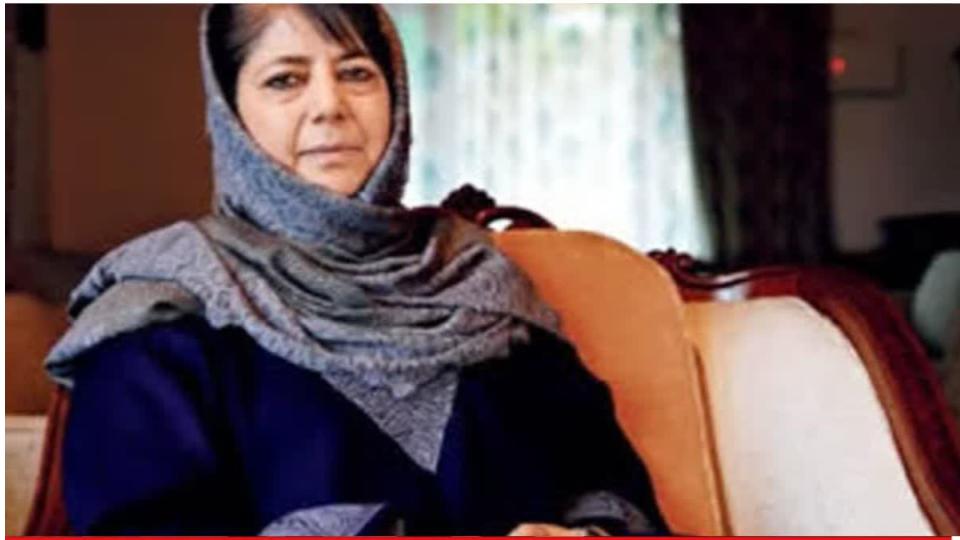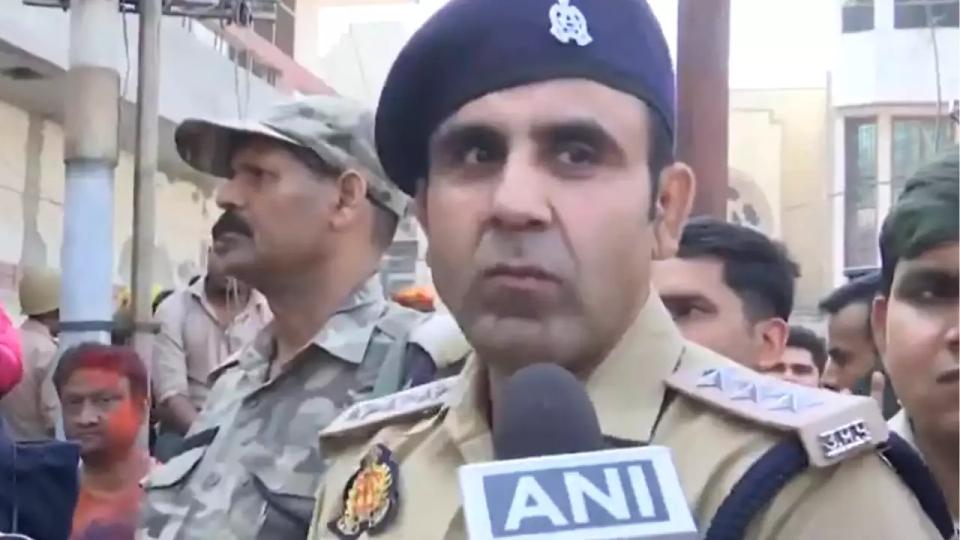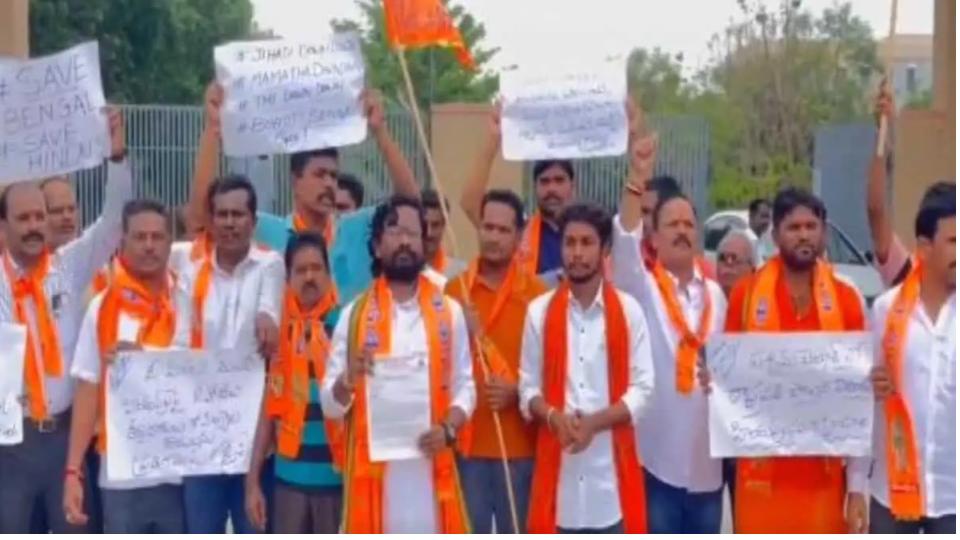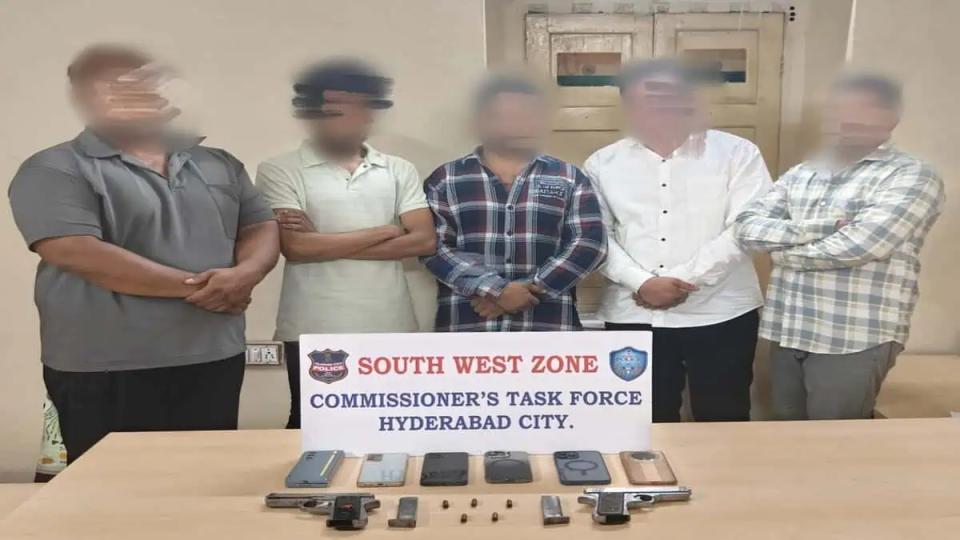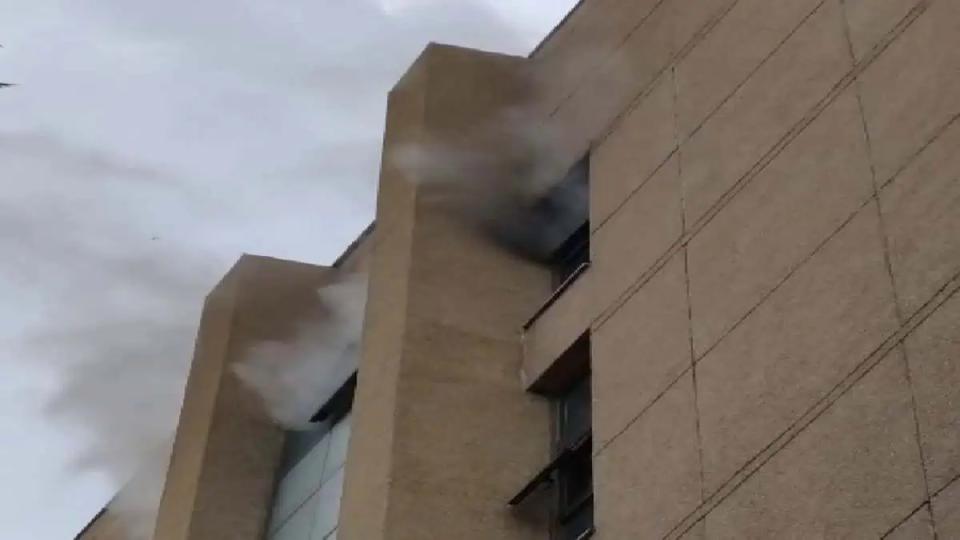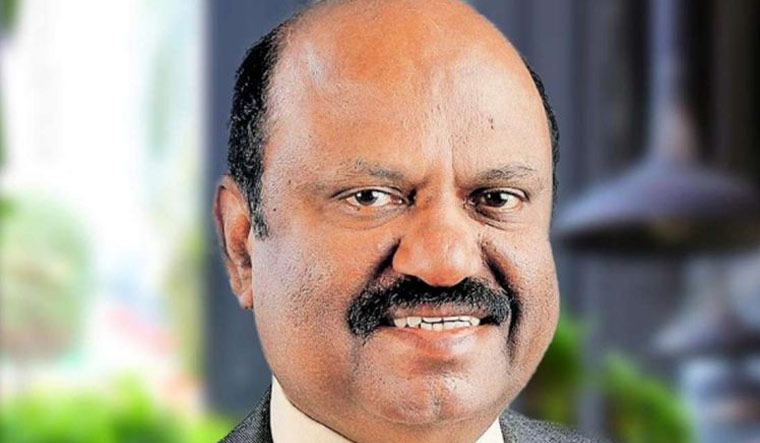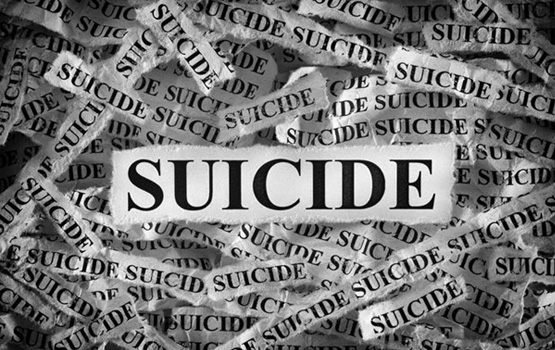Aleppo: World powers meet to stop Syrian city being 'completely destroyed' as Assad's forces advance
Sat 10 Dec 2016, 22:22:40
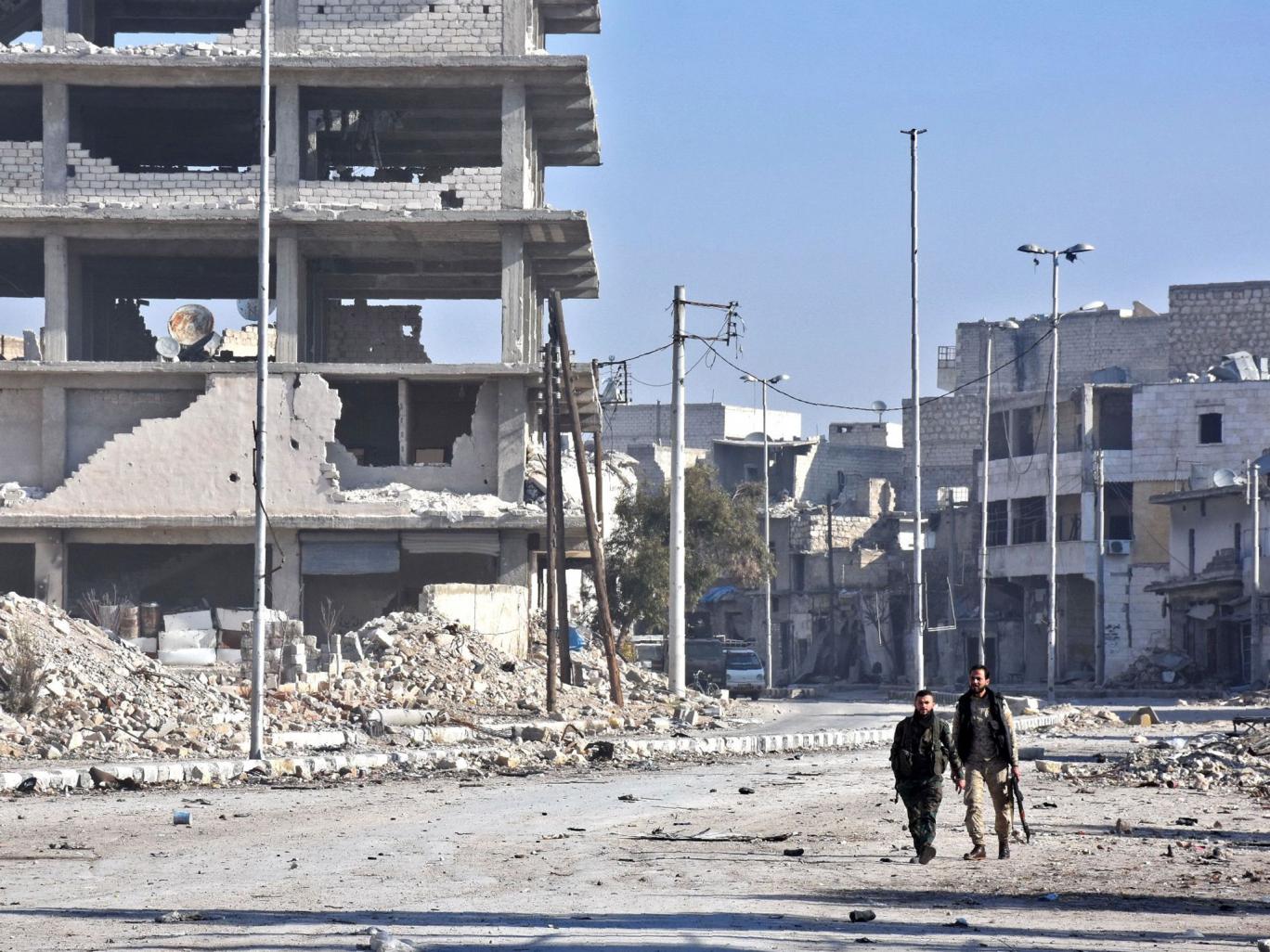
The US Secretary of State has called on Russia to help stop Bashar al-Assad’s war crimes in Aleppo as world powers meet to save the city from being “absolutely, completely destroyed”.
Syrian government forces and their allies are closing in on rebel-held areas of the city amid the bombardment of civilian areas and reported use of chemical weapons, forcing tens of thousands of people to flee.
The United Nations warned that hundreds of men have gone missing after crossing into regime-controlled areas, while some Islamist rebel groups are reportedly blocking civilians from fleeing their territory and killing those who resist.
Representatives from the US, UK, Germany and other nations met with the Syrian opposition in Paris on Sunday for fresh talks aiming to end the violence.
Boris Johnson, the Foreign Secretary, called on the Assad government and his foreign backers, including Russia and Iran, to allow the UN to deliver desperately needed aid across besieged opposition held areas of Syria.
“The situation in Aleppo remains dire with desperate images of destruction and a flagrant disregard for human life being splashed across the media on a daily basis,” he said.
“We agreed our first priority must be the protection of civilians and ensuring access for humanitarian aid. It's essential that the regime and its backers provide the United Nations that access with immediate effect.
“Although the deterioration of the situation in Aleppo will be a setback for the Syrian opposition it will not change the fundamentals of the conflict. There can be no military solution in Syria. We must keep pushing for a return to a political process with the credibility necessary for all parties to commit to an end to all the fighting.”
Syrian opposition leaders said they would be willing to resume peace negotiations with the Assad government “without pre-conditions.”
American and Russian officials were due to meet in Geneva later on Saturday in attempts to reach a deal enabling civilians to leave eastern Aleppo safely.
John Kerry, the US Secretary of State, called on Vladimir Putin’s government to use its influence to stop the Syrian regime's bombardment of rebel-held districts.
“The indiscriminate bombing by the regime violates rules of law, or in many cases, crimes against humanity, and war crimes,” he said, asking Russia to “do their utmost to bring it to a close”.
Mr Kerry added that militants do not believe they will be unharmed if they leave Aleppo and must be shown “grace” so the fighting can end.
But the Syrian government and its allies classify all opposition groups as “terrorists” and have emphasised the inclusion of jihadi groups including former al-Qaeda affiliate Jabhat al-Nusra in the battle for Aleppo.
Analysts have said Islamist fighters are only one part of a multitude of competing rebel groups based in Syria’s second city but their inclusion has frustrated calls for the UN to drop aid into opposition territory.
Calls by the UN for jihadi groups to separate themselves from more
moderate elements have failed and a statement published last week by an alliance calling itself the Opposition Council for Aleppo said factions would unite to fight to the end.
moderate elements have failed and a statement published last week by an alliance calling itself the Opposition Council for Aleppo said factions would unite to fight to the end.
Saturday’s talks were the latest in a long line of international meetings and summits that have failed to find a solution to the five-year long Syrian civil war, which has killed an estimated 400,000 people and displaced millions more, including almost 1.2 million people seeking asylum in Europe.
Mr Kerry said he was working to ensure the safety of people fleeing Aleppo and prevent the city “from being absolutely, completely destroyed.”
He acknowledged that “people are tired” of what appeared to be futile discussions, adding: “But what am I supposed to do? Go home and have a nice weekend in Massachusetts while people are dying?”
Staffan de Mistura, the UN special envoy for Syria, warned that although the government’s victory in Aleppo would be a crushing blow to rebels, the war was far from over.
“We are at the last steps of the battle for Aleppo...this is likely to end very soon,” he told BBC Radio 4's Today programme.
“But that's not the end of the war, that's the end of the battle for Aleppo. But it will have a major psychological impact.”
The Russian ministry of defence claimed the Syrian government controlled 93 per cent of Aleppo on Saturday, with almost 18,000 people fleeing “in a continuous flow” to government areas over the past 24 hours. The numbers could not be independently verified.
Major General Igor Konashenkov said Syrian troops had suspended their offensive to allow for the evacuation, but the UK-based Syrian Observatory for Human Rights reported heavy clashes still underway.
Pro-opposition activists released footage appearing to show civilians being treated after a reported barrel bombing on the Kalasa district of eastern Aleppo on Friday evening.
Children and elderly women were seen coughing and retching before being given oxygen masks.
It came as the UN General Assembly on Friday voted by 122 to 13 to demand an immediate ceasefire in Syria, allow urgent humanitarian aid access throughout the country and an end to all sieges.
It estimates there to be up to 100,000 people squeezed into an “ever-shrinking” rebel pocket in eastern Aleppo with little or no access to food, water or medical care.
The city, once the most populous in Syria, has been divided in two since the middle of 2012, when it became a symbolic hub of the uprising against Assad.
Government forces backed by Russian special forces and air strikes, as well as militias from Iran and Hezbollah, have closed in over the past year and cut off opposition districts.
Mr de Mistura told Sky News Arabia the world would be watching the final stages of the battle and urged the Syrian President to “seriously discuss a political process” allowing room for the opposition.
“We are watching with concern the last steps of what will be called in history the 'Battle for Aleppo',” he said.
No Comments For This Post, Be first to write a Comment.
Most viewed from International
Most viewed from World
AIMIM News
Latest Urdu News
Most Viewed
May 26, 2020
Do you think Canada-India relations will improve under New PM Mark Carney?
Latest Videos View All
Like Us
Home
About Us
Advertise With Us
All Polls
Epaper Archives
Privacy Policy
Contact Us
Download Etemaad App
© 2025 Etemaad Daily News, All Rights Reserved.

.jpg)






.jpg)
.jpg)

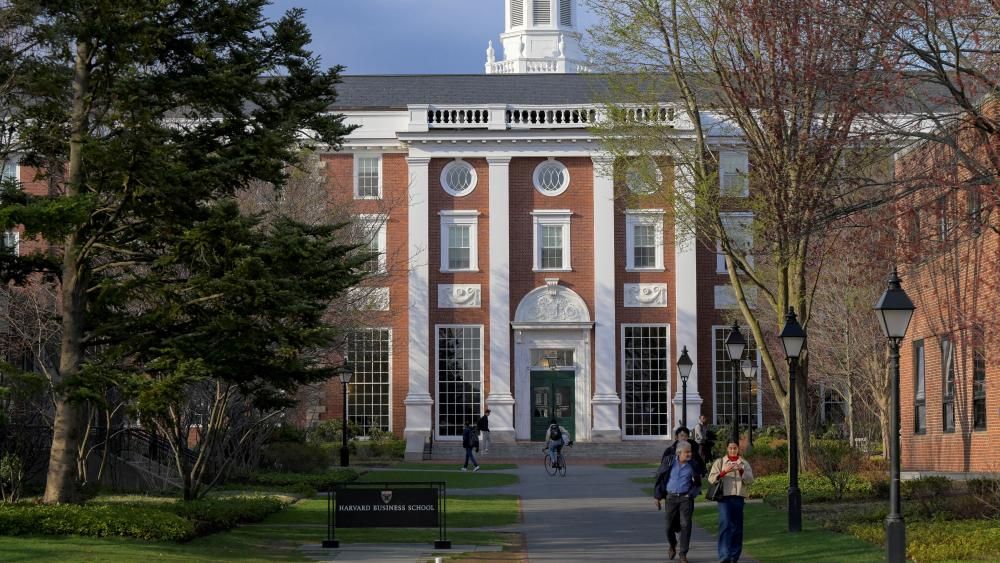
.jpg)
.jpg)
.jpg)
.jpg)
.jpg)
.jpg)
